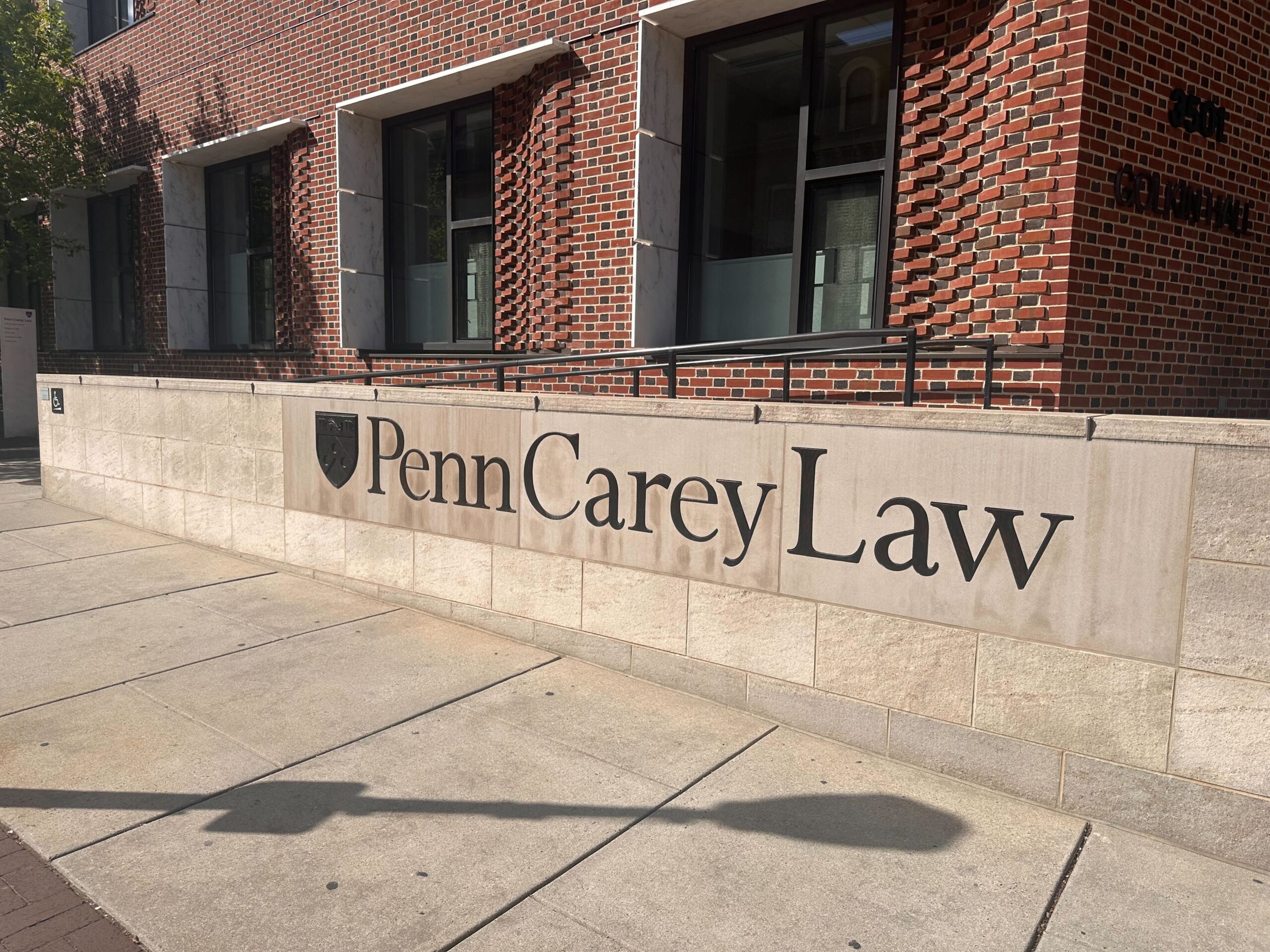Things I wish I knew before coming to Penn
Photo Credit: CH Henry
By Jennifer Mesa
I’ve known I wanted to go to law school since I was eight years old. When the day came to decide my coursework at Penn, choosing pre-law was an easy decision. Since then, my undergraduate years have felt like one long preamble—a steady build-up toward my dream.
Even though I knew my path early on, as a rising senior preparing to apply to law school this upcoming fall, there’s a lot I wish I had known sooner and other things I’m really glad I figured out quickly. While I do not have much advice to share about the actual law school application cycle as I am currently in it, I have picked up plenty of wisdom that I hope will be helpful to others.
Here are some tips I hope are useful to the Penn pre-laws out there:
- Figure out your “why.” Law school admissions officers want to know that you’re serious about this path. Law school is a major (and expensive) commitment, so before diving in, make sure you know why you want to be a lawyer. Your “why” will guide your experiences, clarify your goals, and make your application stand out with sincerity and purpose.
- Major in whatever you want, but be realistic. There are no required majors or courses for pre-law students, which gives you a lot of freedom. Choose a major that genuinely interests you and plays to your strengths. Don’t feel pressured to pick “pre-law” majors like Political Science or PPE if those aren’t your passions. That said, GPA matters—a lot. So, within your interests, pick something where you can thrive. Challenge yourself, yes, but don’t self-sabotage by choosing a major you dislike or struggle with just because it “sounds right.”
- Internships, internships, internships. Work experience is one of the best ways to confirm your interest in law and to stand out to admissions committees. It doesn’t have to be at a big law firm (most firms hire law students, not undergrads), but any experience that hones legal skills or exposes you to legal environments is a must. Apply early—some internships open in October, while others wait until December or later. Be ready for rejection (it happens to even the most qualified students!) and apply widely. Consider cold emailing boutique firms, government offices, local nonprofits, or legal aid organizations—even if they aren’t well-known names, the experience can be just as valuable (if not more).
- Get to know your professors. You’ll likely need two letters of recommendation from professors, and ideally, they should be strong, personal, and detailed—not generic. The only way that happens is if your professors actually know you. Go to office hours. Invite them to coffee or mentor meals. Keep in touch after the semester ends. Build real mentorship relationships—they’ll enrich your time at Penn and make a huge difference when it’s time to apply.
- Get involved on campus. This one’s simple: don’t just study. Join things. Whether it’s law-related or completely unrelated, find communities and passions outside the classroom. Not only does this make your college experience fuller, but it also gives you talking points and experiences that enrich your application and help shape who you are.
- To gap year or not to gap year. I recommend figuring out whether you want to go straight through or take a gap year by sophomore year. Why so early? Because this decision affects your entire timeline—when to take the LSAT, when to prioritize internships, and how to plan senior year. If you’re going straight through, you’ll need to take the LSAT early, have some work experience over the summers, etc. If you’re taking time off, you’ll have more flexibility with testing, but you need to put more effort into job recruiting. There’s no right or wrong—just make a decision early so you can plan intentionally.
- Take the LSAT early. I cannot emphasize this enough. Most people suggest studying after junior year if you’re applying to law school in senior fall, but I’d argue that just isn’t enough time. You don’t want to cram for a few months, take it once, and expect to magically get a 172+ and have no time to take it again. Personally, I began studying the summer after sophomore year and took my first test in the early weeks of junior year. While I didn’t exactly get the score I wanted, I learned how the test works, what my strengths and weaknesses were, and what study methods didn’t work for me. Now, as I prepare to retake it, I’m going into the process with more clarity, confidence, and a realistic path toward my goal score. The same applies if you’re taking a gap year—starting early gives you room to experiment, make mistakes, and improve without pressure. The LSAT isn’t easy, but it’s also not impossible. If you’re aiming for a top score, give yourself the time to truly earn it. If you follow one thing from this list of advice, let it be this one!
- Attend Pre-Law advising sessions. Whether it’s LSAC-coordinated events or sessions hosted by your campus clubs, go to them. At Penn, if you take the time to look, there are dozens of events hosted by Penn Carey Law, clubs, or Penn Career Services throughout the year. These sessions cover topics from LSAT strategy to financial aid to essay writing. And even if you don’t learn something groundbreaking every time, you might pick up a gem here or there—or meet someone helpful. So keep your eyes (and inbox) open. These events are a much better use of your time than you might expect.
- Get familiar with the resources available to you at Penn. This one ties into advising sessions, but it’s broader. Penn has incredible pre-law resources—many of which are free and underutilized. There’s a designated pre-law advisor who meets with students one-on-one. There are workshops on writing your personal statement. There are services to get your supplemental essays read and commented on. You can get your resume reviewed by a current Penn Law student. There are even discounts on LSAT prep materials. Penn is one of the most prestigious and well-funded schools in the country, so chances are, whatever help you need is already available. You just need to seek it out and take advantage of it.
- Seek mentors. Personally, this is where I fell short and wish I had acted sooner. If you’re like me and don’t have personal connections to lawyers or law students, finding a mentor can make all the difference. Whether it’s an older student, a recent grad, or someone you meet through a club, find someone who has been through the process recently and is willing to share what they learned. You’ll have so many personalized questions—how to afford law school, how to handle test anxiety, what essays you need to do—and mentors can give you insight no one else really can. And if you’re reading this as someone further along, be that mentor for someone else. You never know the impact you could have.
Whether you’re just starting out or already knee-deep in LSAT practice problems, I hope this gives you a clearer picture of what being pre-law at Penn can look like. It’s a challenging but incredibly rewarding path—and you’re not on it alone.
Good luck, you’ve got this!
Jennifer Mesa is a junior in the College studying Political Science and History from Miami, FL. Jennifer is also the Editor in Chief for The Pennsylvania Post. Her email is jenmesa@sas.upenn.edu.




